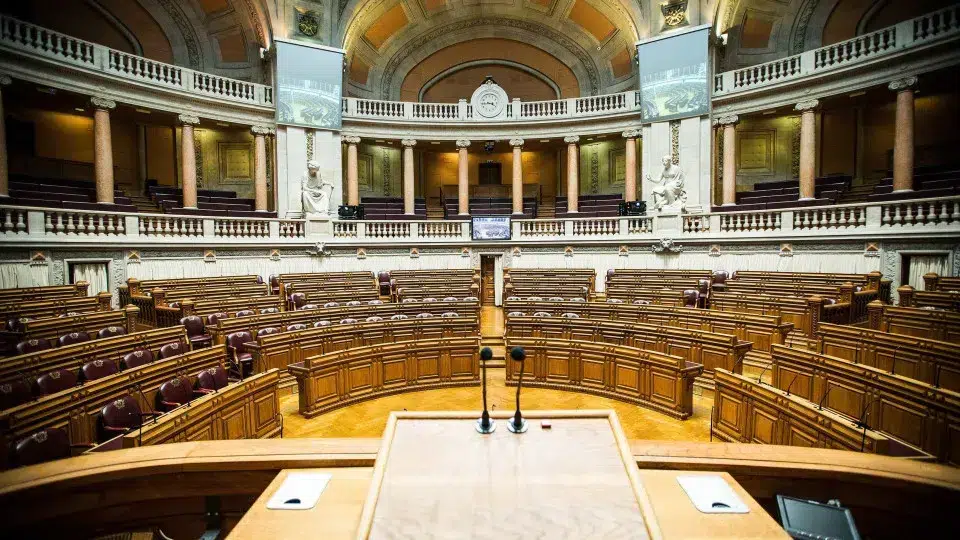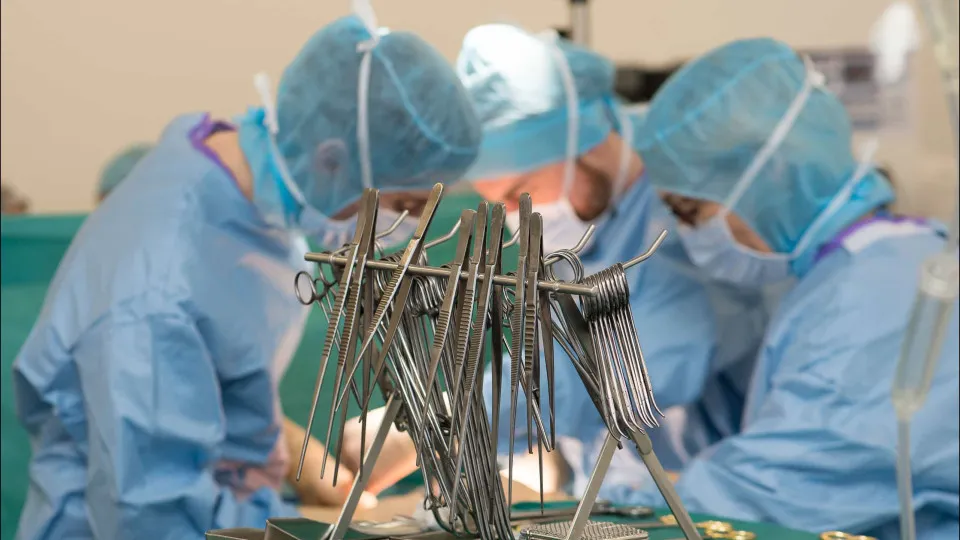
The parliament, during today’s session closing at around 21:00, approved 67 amendments to the State Budget for 2026 (OE2026).
The government-supporting parties, PSD and CDS-PP, secured approval for 11 proposals but were unable to secure approval for increased tuition fees for higher education for the next academic year, linking them to the inflation rate.
In a late session development, Chega changed its stance and approved a PS proposal to keep tuition fees frozen at 697 euros for the 2026/2027 academic year.
A proposal by PSD and CDS-PP that allows the government to proceed with procedures to award new public-private partnerships (PPP) in the National Health Service (SNS) was approved.
The PS, with eight initiatives passed, succeeded in implementing a health program supporting Portuguese doctors abroad wishing to return to work in the SNS, offering tax and financial incentives alongside immediate access to the Regressar Program.
Another approved measure aims to strengthen the network of nurseries with operating hours and conditions suited to healthcare professionals’ needs.
Among the opposition, the PCP achieved the validation of the most amendments, totaling 15.
The communist party saw approval for several initiatives for the government to develop infrastructure projects across the country, including modernizing the Western railway line and duplicating the IP3 between Coimbra and Santa Comba Dão.
Another communist-backed initiative that received approval pushes the government to advance with the Third Tagus Crossing in 2026, implementing necessary measures for the road and rail link between Barreiro and Lisbon.
The Livre party had 10 amendments approved, including one prompting the executive to resume negotiations with Spain to reactivate international night trains between Portugal and Spain.
Prompted by Livre’s initiative, the government will draft a national poverty reduction strategy for the 2027 to 2030 cycle, detailing objectives and indicators, notably to reduce the “risk of poverty rate.”
PAN managed to secure nine measures, including two addressing corruption, ensuring mandatory content on corruption prevention in public administration training and adopting initiatives within the Anticorruption Agenda to optimize capacity and enhance cooperation between sectorial administrative inspections and criminal police bodies.
Chega had eight proposals approved, notably one reducing VAT on art transactions from 23% to 6%, and establishing a mental health voucher when the SNS cannot meet maximum response times in psychiatry or psychology.
Chega also approved a measure for the government to equip local health units with technical and financial means to recover costs for healthcare services provided to uninsured non-resident foreigners through insurance, protocol, or international agreement.
From BE, only three measures passed, including reopening the Douro Line between Pocinho and Barca d’Alva and dredging projects in Caminha, Viana, Esposende, Póvoa de Varzim, Vila do Conde, and Matosinhos.
The JPP saw its first proposals partially approved in the OE2026, while the Liberal Initiative only managed to validate one.




